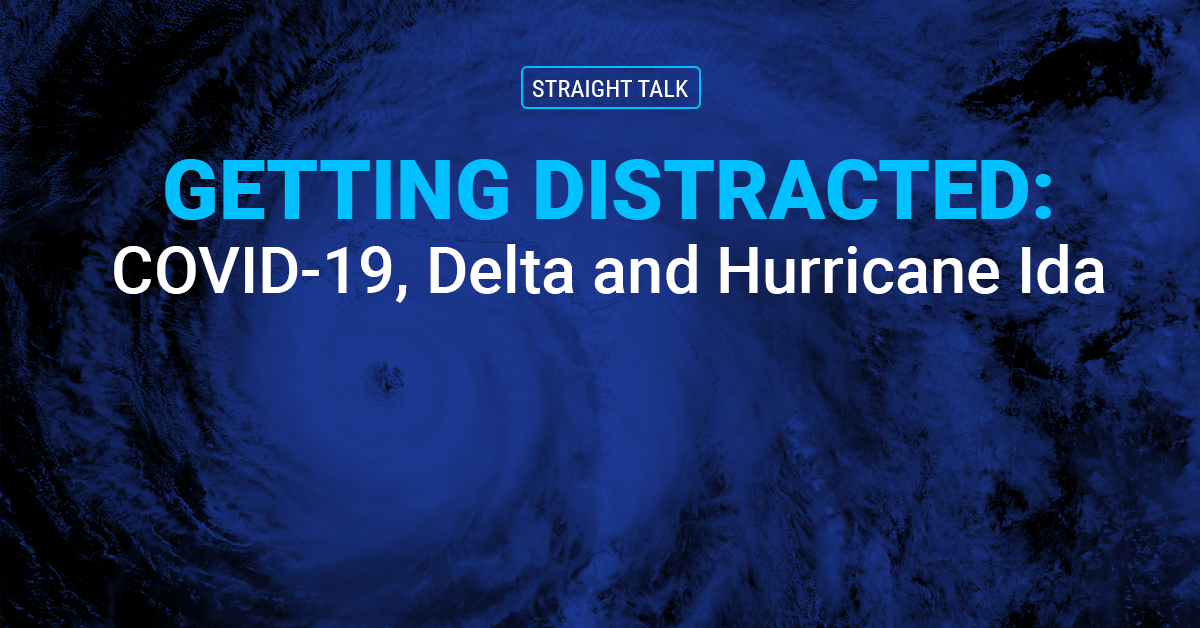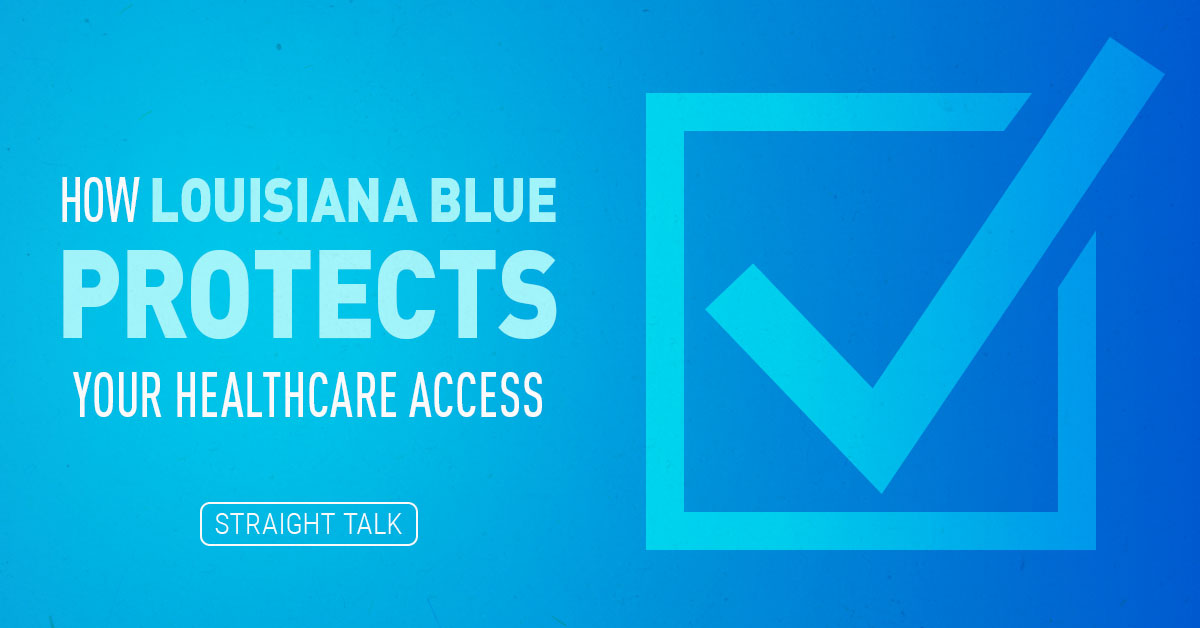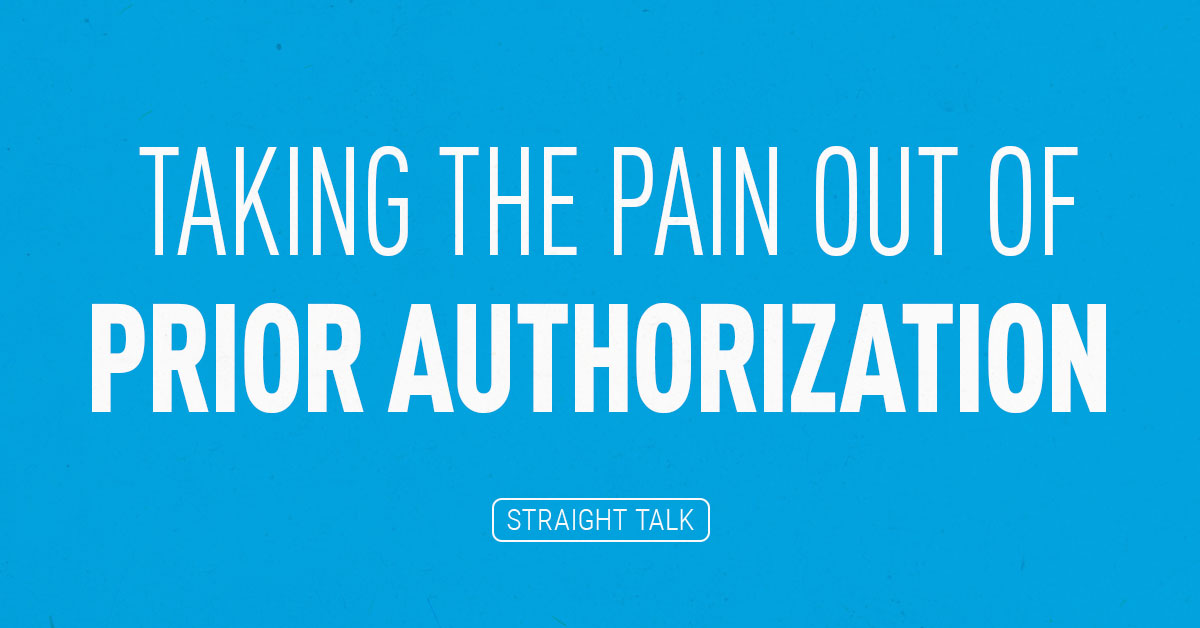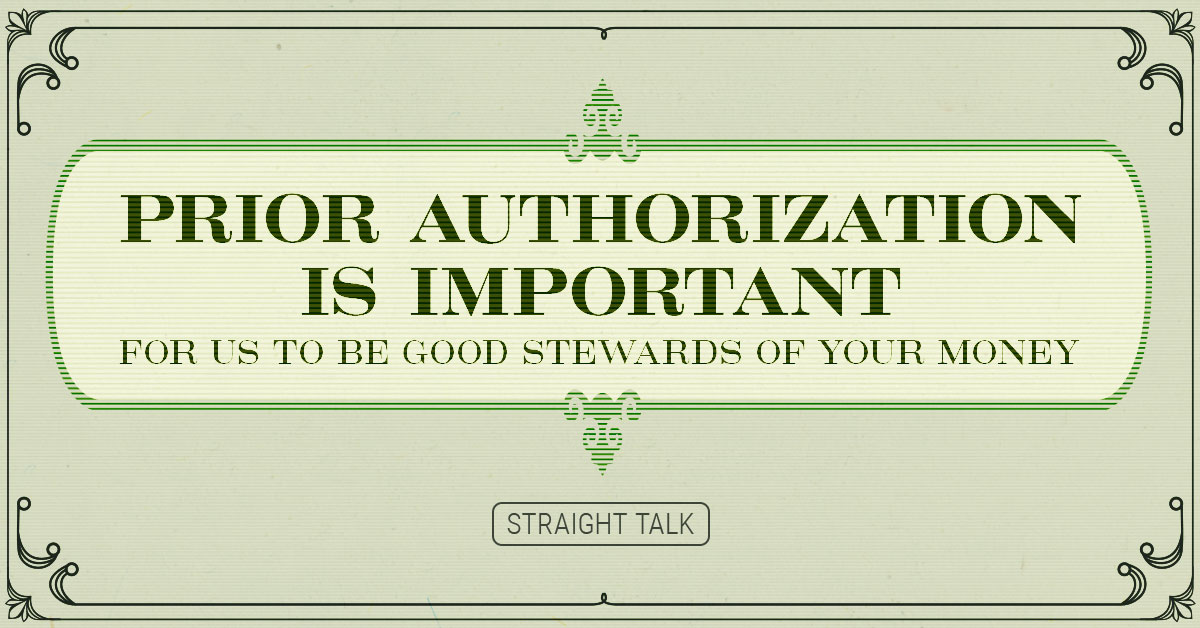I was minding my own business, really. Just sitting in the living room at home, oh about August 1977, watching the first preseason week of NFL football and just starting to get into a game, when Dad came through…
“Boy, what are you doing?”
“Just watching a little football, Dad, it’s the first Sunday of games!”
“Right, and what were you about to do BEFORE you started watching TV?”
It was right about then that it hit me. I had been on my way from talking to him about some chores that needed doing, like cutting the grass, had even gone to my bedroom and changed into my grass-cutting clothes, and then I walked through the living room on the way outside to fire up the lawn mower and all thoughts of doing anything but watching football on TV were blasted from my 16-year-old brain! I literally had forgotten everything else I was supposed to do! Talk about your short attention spans. But, Dad had a way of bringing me back to reality, and so outside to mow I went. Football would have to wait.
I’m sure that’s happened to you before. You’ve been on task to get something done, and then a particular distraction, nothing you planned, mind you, but something random, just popped up and derailed your efforts. That was so me, Mr. Short Attention Span, in August 1977.
I’m afraid today, we’ve got something way more intrusive, messy and disruptive distracting us and pushing us off-task: Hurricane Ida recovery. The task it’s pushing us off of is controlling COVID-19, specifically the fast-spreading Delta variant that has had Louisiana in its fourth surge of the virus since July.
Storms and Surges, A Terrible Duo
It’s entirely understandable and a bit scary. Ida has caused lots of damage in Louisiana and disrupted millions of lives. Now it has the potential to crank up a new wave of COVID-19 infections and deaths.
Let’s face it, it’s hard to think about wearing a mask when you have a hole in your roof. It’s hard to even think about social distancing when you are housing multiple storm evacuees at your place. You sure can’t get immunizations from our overloaded or still-closed pharmacies and clinics. And if a volunteer crew comes by and offers to help you clear trees and storm debris off your property, are you going to ask about their vaccine status before taking them up on it?
So, Mike, what are we supposed to do? We can’t put off hurricane recovery until COVID-19 is better!
I think our best bet is that as life returns to normal, as the gas lines get shorter, the grocery stores get restocked, and that blessed electricity returns to our homes, we remember the COVID-19 prevention steps we were taking before Ida came in and blew stuff around.
Now that the Ida distraction is just starting to wane for some of us who are back in homes with power (and believe me, I know there are many of you out there still suffering from the Ida after-effects!), we need to remember we were in a pretty serious fourth surge of COVID-19 before Ida got here. And that, unfortunately, is something the storm didn’t blow away – we need to stay mindful of how to prevent getting or spreading COVID-19 to lower our risks amid storm recovery.
COVID-19 Current State
Let’s review where we are with Louisiana COVID-19 cases right now.
The hospitals are still quite full of COVID-19 patients. Here’s a graph from Sept. 7:
We can see that we still have more people in the hospital than we did in either the second or third wave maximums. But, the trend is currently headed in the right direction, and I’m hoping we can keep that going. How? It’s the same old mantra, nothing really has changed:
- Masking up in public places is still very important. In fact, brand-new research has demonstrated in a measurable way how important masks are to controlling the spread of COVID-19, despite some less-than-accurate predictions to the contrary. In Louisiana, we have a statewide mask mandate in effect that requires anyone 5 and older to wear a face mask covering your nose and mouth when in indoor, public places. As you recover from Ida, keep that in mind – are you currently living with people who are not usually in your household? Are you working in teams with others to clean up? If so, a face mask is a good idea to prevent COVID-19 spread.
- Social Distancing whenever and wherever you can. It’s been proven time and time again that the majority of the droplets of moisture we expel with COVID-19 virus particles in them fall to the ground within six feet of your mouth. So keeping at least six feet between yourself and others reduces the chances of you spreading, or catching COVID-19 by a lot. Another good practice to keep in mind if you’re currently living with or working near others.
- Get Vaccinated. As pharmacies and doctor’s offices come back online, getting the COVID-19 vaccine will go a long way to keeping you, my friends, my neighbors, from ending up on that graph above. It will also almost guarantee you never show up on THIS graph:
But Mike, my vaccine appointment got canceled because of Hurricane Ida and my vaccine site is still closed!
Never fear; the state has a COVID-19 vaccine hotline (1-855-453-0774) for just such an occasion. Call them for help finding an open vaccine site near you. And check out this tidbit from our Senior Medical Director, Dr. Dee Barfield:
“If you were supposed to get your second dose of the Pfizer or Moderna vaccines but the storm prevented that, it’s ok to get it a little later than the recommended window. But, do not wait too long – contact the vaccine site where you were scheduled to get your second shot and ask when you can make a new appointment.”
Straight Talk is, I know Hurricane Ida has made a mess of things. I know for many of you that recovery is eating up all of your focus, your resources, your emotional bandwidth. We’ve been there and done that ourselves, and it can take all your strength. I’m just asking you today to not lose sight of the battle we were fighting with a nasty virus BEFORE Ida hit – the threat from it has not lessened because of the hurricane. Remember that the COVID-19 Delta variant is still out there, and I want to keep you safe from it.
In The News
Some of our Blue Cross team – including yours truly! – were featured in a recent article in The Advocate talking about the ongoing COVID-19 surge in our state, driven by the highly contagious Delta variant and Louisiana’s lagging vaccination rate. I join Blue Cross Chief Analytics and Data Officer Somesh Nigam and Medical Directors Dr. Larry Simon and Dr. Tracy Lemelle to share our perspectives on the scientific, economic and clinical aspects of the surge and what we can do to prevent future surges. Hint: Wear a mask and get the vax!







Leave a Reply